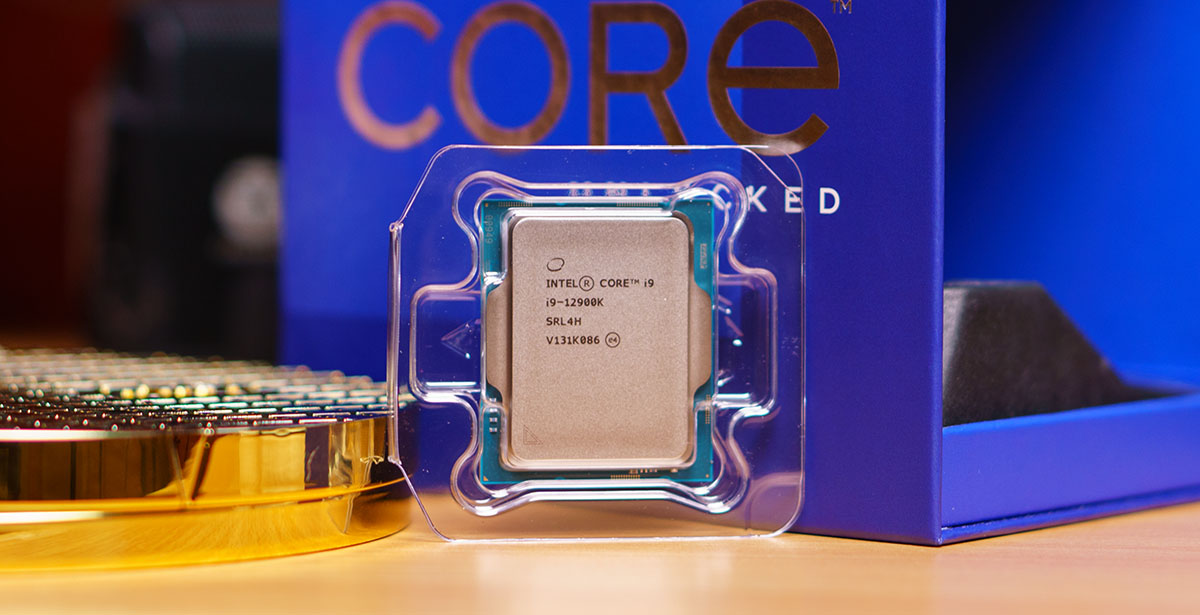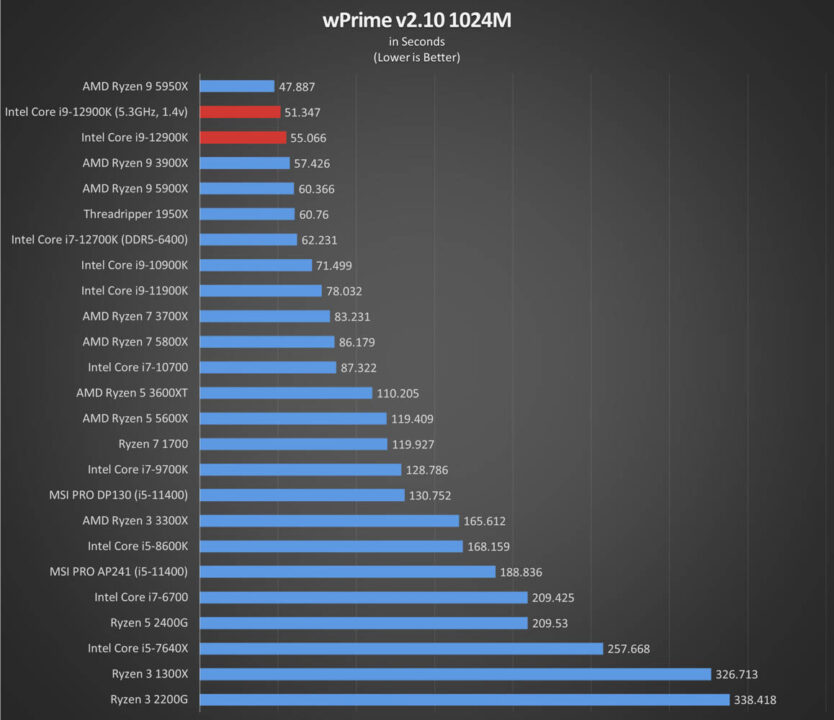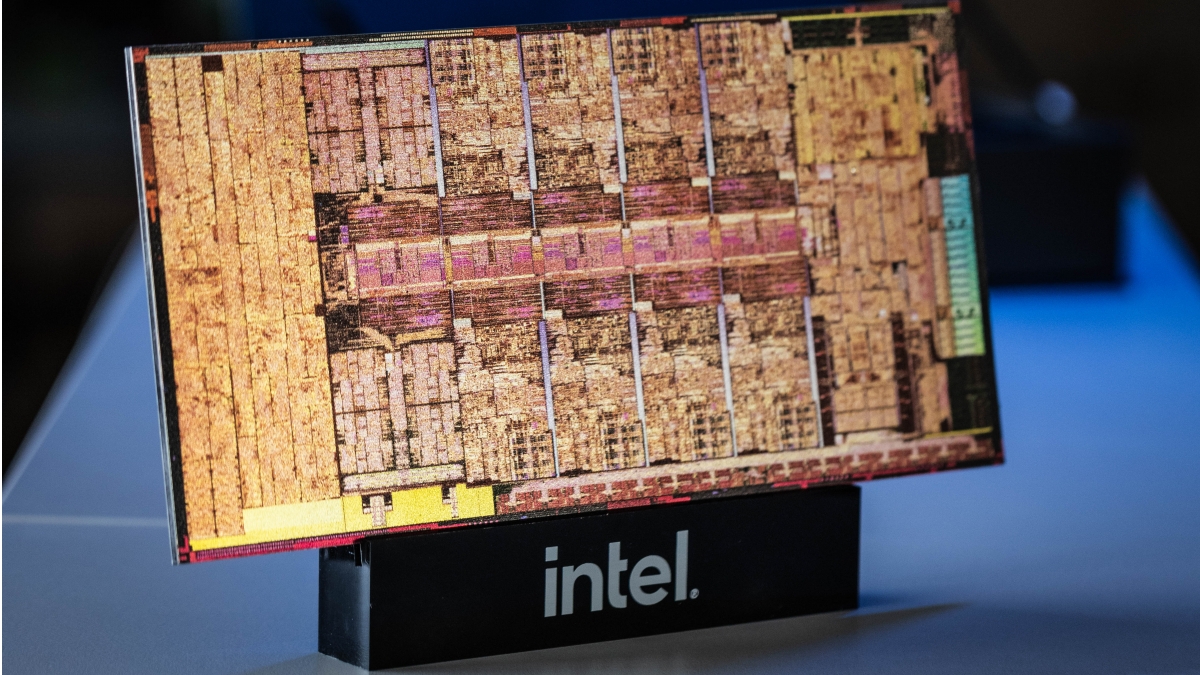These CPUs are all going to square off against each other at some point this year assuming nothing catastrophic occurs to delay any of the product launches. So going by what we know from official sources and informed rumor mongers (many of which were very accurate before Alder Lake and the M1 launched), which CPU do you think will win out in these categories?
1) Single threaded performance
2) Multithreaded performance
3) Gaming performance
4) Performance per watt
5) Overall performance (who wins the majority of applications)
While I've been keeping a close eye on rumors and leaks for Zen 4 and Raptor Lake, I have not admittedly been doing so for the M2; as I'm unrepentant Apple hater  At least I'm honest about it... That said, this is my ranking based on what I've seen and heard:
 At least I'm honest about it... That said, this is my ranking based on what I've seen and heard:
I think the single threaded crown will go to Raptor Lake, and I say this based on informed rumors that Raptor Lake will have up to 10% more IPC from microarchitectural updates, cache upgrades and higher clock speeds than Alder Lake. From what I've seen, gauging IPC performance isn't easy as it varies so much based on application, but I'd say Alder Lake already has at least a 15% across the board IPC advantage over Zen 3, so Raptor Lake could conceivably have 25% better IPC than Zen 3, which is similar to what Zen 4 will reportedly possess. But I doubt Zen 4 will match Raptor Lake in clock speeds and memory latency performance, which is why I'm predicting Raptor Lake will take the single threaded performance crown.
For multithreaded performance, Zen 4 should easily take it due to having more big cores than its Intel counterpart and similar IPC.
Gaming performance is more complicated because while some games are inherently more reliant on single core performance (strategy games for instance), more and more 3D engines are becoming increasingly parallel due to the adoption of Vulkan and DX12 in addition to modernized programming methods. Still, very few 3D engines can scale beyond 8 threads and 6 to 8 cores remains the sweet spot for gaming and will be for some time. So overall, I feel more comfortable going with Raptor Lake for the gaming crown. Also if rumors are correct, Raptor Lake will officially support DDR5-5600 off the bat while Zen 4 will reportedly use DDR5-5200. The raw memory speed won't likely be a significant factor, but Intel's memory controller will be right next to the CPU cores while Zen 4's will be in the I/O die which while still on the same package will definitely incur a significant latency penalty; which I'm sure will be offset by a massive L3 cache.
On performance per watt, one would think the M2 should take this category easily......but from the small amount of research that I've collected on it, it seems that there won't be much of a performance increase with the M2, if any. Some rumors are even suggesting there may be a bit of a regression in that aspect. Also since Zen 4 will be on TSMC's 5nm node, it will undoubtedly have excellent performance per watt and I believe it will also easily crush Apple's best in single core. So for performance per watt, I'm going to go with Zen 4.
When it comes to overall performance, I'm leaning towards Zen 4 but it will be close. Raptor Lake will supposedly double the amount of Gracemont efficiency cores which will certainly help in multithreaded performance per watt, but ultimately they won't be a match for Zen 4's 16 big cores with SMT. AMD will have the core count advantage and when that's combined with IPC parity with Raptor Lake, Zen 4 will win the majority of the benchmarks.
1) Single threaded performance
2) Multithreaded performance
3) Gaming performance
4) Performance per watt
5) Overall performance (who wins the majority of applications)
While I've been keeping a close eye on rumors and leaks for Zen 4 and Raptor Lake, I have not admittedly been doing so for the M2; as I'm unrepentant Apple hater
I think the single threaded crown will go to Raptor Lake, and I say this based on informed rumors that Raptor Lake will have up to 10% more IPC from microarchitectural updates, cache upgrades and higher clock speeds than Alder Lake. From what I've seen, gauging IPC performance isn't easy as it varies so much based on application, but I'd say Alder Lake already has at least a 15% across the board IPC advantage over Zen 3, so Raptor Lake could conceivably have 25% better IPC than Zen 3, which is similar to what Zen 4 will reportedly possess. But I doubt Zen 4 will match Raptor Lake in clock speeds and memory latency performance, which is why I'm predicting Raptor Lake will take the single threaded performance crown.
For multithreaded performance, Zen 4 should easily take it due to having more big cores than its Intel counterpart and similar IPC.
Gaming performance is more complicated because while some games are inherently more reliant on single core performance (strategy games for instance), more and more 3D engines are becoming increasingly parallel due to the adoption of Vulkan and DX12 in addition to modernized programming methods. Still, very few 3D engines can scale beyond 8 threads and 6 to 8 cores remains the sweet spot for gaming and will be for some time. So overall, I feel more comfortable going with Raptor Lake for the gaming crown. Also if rumors are correct, Raptor Lake will officially support DDR5-5600 off the bat while Zen 4 will reportedly use DDR5-5200. The raw memory speed won't likely be a significant factor, but Intel's memory controller will be right next to the CPU cores while Zen 4's will be in the I/O die which while still on the same package will definitely incur a significant latency penalty; which I'm sure will be offset by a massive L3 cache.
On performance per watt, one would think the M2 should take this category easily......but from the small amount of research that I've collected on it, it seems that there won't be much of a performance increase with the M2, if any. Some rumors are even suggesting there may be a bit of a regression in that aspect. Also since Zen 4 will be on TSMC's 5nm node, it will undoubtedly have excellent performance per watt and I believe it will also easily crush Apple's best in single core. So for performance per watt, I'm going to go with Zen 4.
When it comes to overall performance, I'm leaning towards Zen 4 but it will be close. Raptor Lake will supposedly double the amount of Gracemont efficiency cores which will certainly help in multithreaded performance per watt, but ultimately they won't be a match for Zen 4's 16 big cores with SMT. AMD will have the core count advantage and when that's combined with IPC parity with Raptor Lake, Zen 4 will win the majority of the benchmarks.





